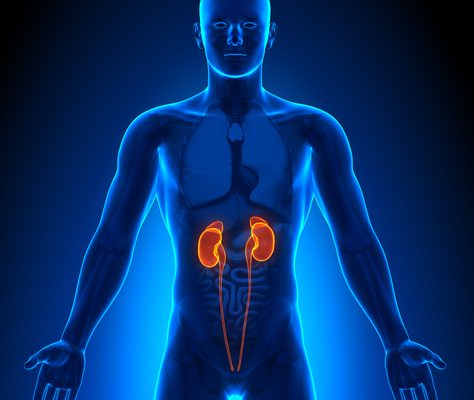What Causes Kidney Disease?
Approximately 26 million Americans live with kidney disease, without their conscious knowledge of the condition. Additionally, one in every three Americans are at risk for developing kidney disease. Many individuals overlook the symptoms of kidney disease because the signs are nonspecific and similar to other illnesses. High-risk individuals must have regular screenings, but anyone can have kidney damage without their knowledge.
A look at the underlying causes of kidney damage
The two leading causes of kidney disease have historically been high blood pressure and adult-onset diabetes. However, recent research has indicated that acid reflux may result in a 20-50% increase for the development of kidney disease.
The treatment of Acid reflux, or heartburn caused by indigestion, involves preventative medications like Prilosec® (omeprazole), Nexium® (esomeprazole), or Prevacid® (lansoprazole). According to researchers at Johns Hopkins University, people who took two daily doses of these medications “had a higher risk compared to once daily dose users.”
Additionally, consuming certain medications over an extended time period can have a damaging effect on organs like the kidneys. Even common over-the-counter remedies like antacids or pain killers like ibuprofen can actually damage the kidneys when consumed excessively.
Kidney disease contributes to a number of chronic health concerns
Poor kidney functionality can cause a wide range of chronic illnesses. Here are some of the more common conditions associated with kidney damage and disease:
- Heart disease: The leading cause of death of both men and women in the United States, heart disease symptoms include diseased vessels, structural problems, and blood clots. It results after the buildup of plaque in the arteries, which thickens and stiffens the walls of the organs and surrounding tissues.
- Kidney failure: The final stage of chronic kidney disease; this condition exists when kidneys can no longer support the body’s needs. Once approximately 10-15% of kidney function remains, doctors may recommend dialysis or an organ transplant.
- End Stage Renal Disease: After normal kidney function has been compromised, kidney disease results. Chronic kidney disease may lead to renal failure or ESRD. This condition is very serious. According to healthline.com, “Without treatment, you may only be able to survive without your kidneys for a few months.”
- Bone disease: This condition may develop when certain substances, such as calcium, phosphate or vitamin D build-up within the body.
- Anemia: Pale skin, weakness, and chronic fatigue are commonly occurring side effects of this condition; which results when the body experiences a deficiency of erythropoietin, the hormone necessary to make new red blood cells.
Take preventative measures to avoid kidney damage
Keeping your body in overall good health is very important in the prevention of kidney damage. Like the old adage goes, “be good to your body and your body will be good to you!” Additionally, the following recommendations will help ensure the kidneys remain healthy well into old age:
- Keep high blood pressure in check: Normal blood pressure helps ensure the kidneys are healthy and functioning normally. When blood pressure increases beyond what is considered healthy, the kidneys are forced to work harder and over time, the organs become less efficient at cleansing the body.
- Monitor your cholesterol levels: Weight, diet, gender, alcohol use, stress levels, and background are all factors in the development of high cholesterol. Exercising regularly and healthy eating habits are the best ways to prevent high cholesterol levels. Liver, thyroid and kidney health may also affect cholesterol levels.
- Cease tobacco usage: Smoking or tobacco usage can cause a number of avoidable health problems like certain cancers, atherosclerosis, high blood pressure, and heart disease.
- Stay at a healthy weight: Maintaining a healthy weight will help you avoid diseases like diabetes, high blood pressure, and heart disease.
- For more information about kidney disease prevention, visit our blog here and learn about the science behind kidney functionality and nephrology.

